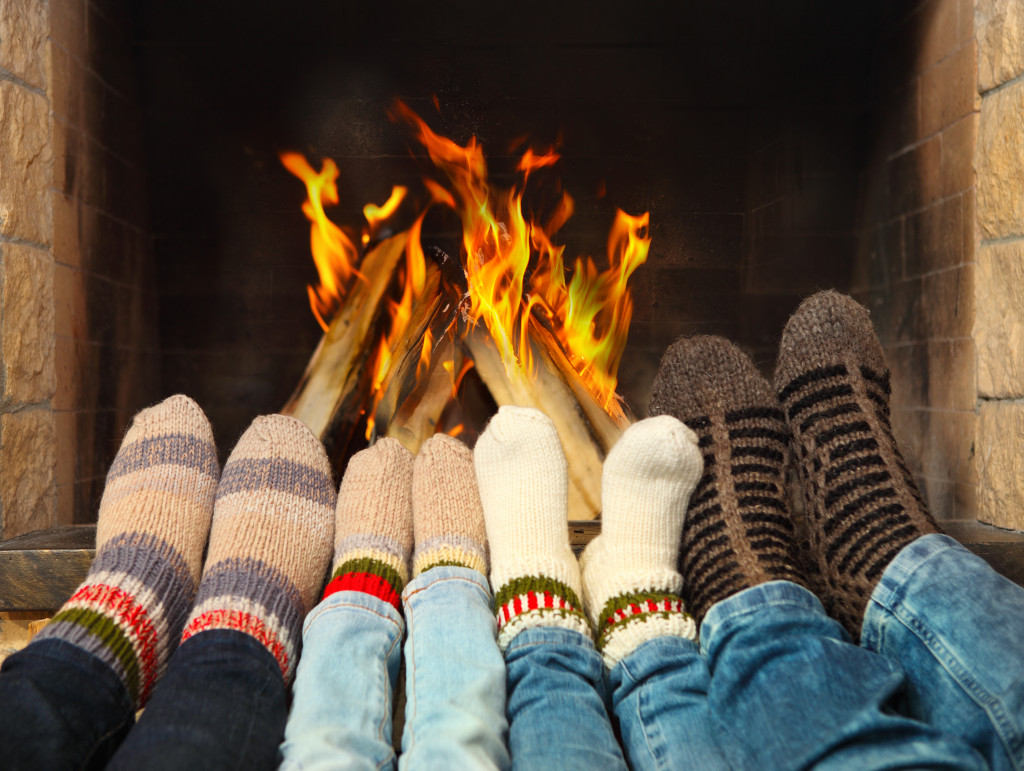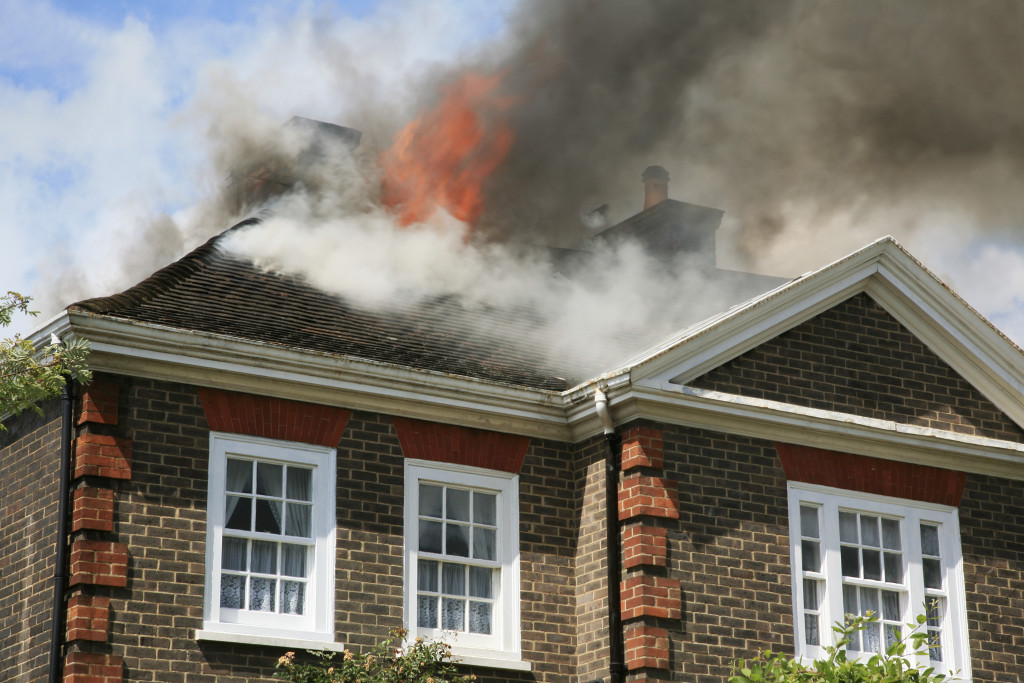- Home fires are a significant cause of property damage, injuries, and deaths in the US.
- Common causes of home fires include cooking, heating equipment, electrical issues, smoking, and candles.
- Preventive measures include efficient wiring, regular home appliance and heating system maintenance, fire alarm installation, fire extinguishers on hand, and an emergency plan.
- Keeping combustible materials away from cooking stoves and heaters is vital to guard against potential fires.
- Taking steps today, such as inspecting wiring and maintaining home appliances, can help protect homes from future fire hazards.
Home fires are one of the leading causes of property damage, injuries, and deaths in the United States. According to the National Fire Protection Association (NFPA), seven people die daily from home fires. Homeowners need to take steps to protect their families and homes from fire hazards. Here’s what you need to know about fires in the country, the leading reasons behind these fires, and various ways you can prevent them from happening.
Fires in The U.S.
House fires are estimated to kill around 3,000 people yearly in the U.S. These fires result in billions of dollars in property damage and are devastating for families who lose everything they own. While some accidents are unforeseeable, homeowners should know several leading causes of house fires. Here are some of them:
Cooking Fires
Unattended cooking is one of the leading causes of home fires in the U.S. All too often, homeowners leave combustible materials too close to a hot stove or forget that they have something on the burner. To prevent cooking fires, always stay in the kitchen while cooking, and keep flammable materials such as towels, oven mitts, and curtains away from the stove.
Heating

Especially in winter, heating equipment such as space heaters and furnaces are a major cause of house fires. Ensure your heating equipment is up-to-date, adequately serviced, and always supervised. Never place heaters near flammable materials such as curtains, blankets, or furniture.
Electrical Fires
Old or damaged wiring, overloading power outlets, and faulty appliances are all common causes of electrical house fires. Have your wiring inspected by a professional if you are unsure of its safety, and always use extension cords properly? Avoid overloading circuits and unplug appliances when not in use.
Smoking
Smoking is a dangerous habit that can cause fires when carelessly discarded cigarette butts come into contact with flammable materials—such as bed linens, curtains, and furniture. Prevent smoking-related house fires by not smoking indoors and providing safe ashtrays for smokers outside.
Candles
While candles can create a warm, inviting atmosphere in your home, they can also be one of the leading causes of house fires. Keep candles at least a foot away from anything that can burn, and never leave them unattended. Consider using battery-operated candles instead of traditional ones to reduce the fire risk.
Preventing Home Fires Today
There are various steps homeowners can take to prevent house fires. Here are five tips to help you out.
Efficient Wiring
Your home’s wiring can determine whether a fire will occur during an electrical surge. Ensure your home’s wiring complies with local codes and is up-to-date, and have it inspected by a professional if you are unsure. Also, consider hiring a local electrician to help with your home’s wiring. They can check and change your wiring to ensure it meets safety standards.
Regular Maintenance
Home appliances and heating systems require regular maintenance to ensure they run correctly. Have a professional inspect and maintain your home’s electrical and heating systems at least once a year. This will help you identify any potential issues in advance, lowering the risk of fires.
Fire Alarm Installation
A fire alarm can warn you and your family of an impending fire before it becomes unmanageable. Consider getting professionally-installed alarms that alert you if there is smoke or heat in the building. Fire alarms are an affordable and effective way to reduce the risk of house fires occurring in your home.
Fire Extinguishers
Having several fire extinguishers around the home is essential for preventing a fire from spreading. Ensure that you have the proper extinguishers in place, located in easy-to-reach areas such as near the kitchen and living room. Ensure everyone in your family knows where the fire extinguishers are located and how to use them properly.
Fire Safety Plan

Create an emergency plan with your family that outlines what to do if a fire does occur. This should include evacuation routes, exits, and designated meeting points outside the house. You should also ensure everyone knows how to call 911 in an emergency. Practicing this plan regularly will help make sure everyone is prepared in case of a fire.
By following these tips, you can promote safety in your home and reduce the chances of a fire occurring. Remember to stay vigilant and always be prepared for any potential disasters. Taking small steps today can help protect your home from fires in the future.



